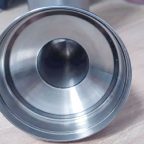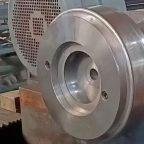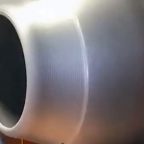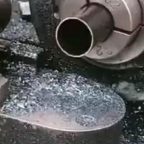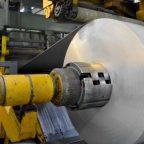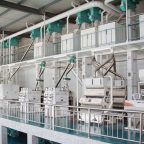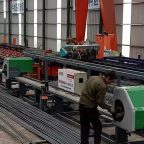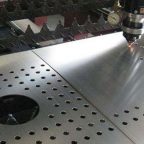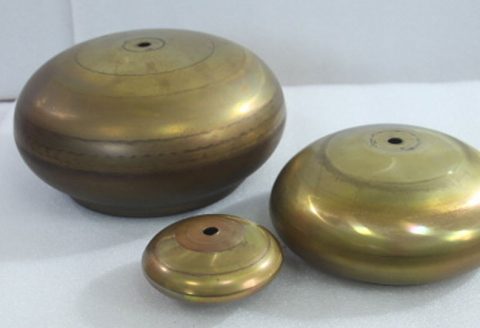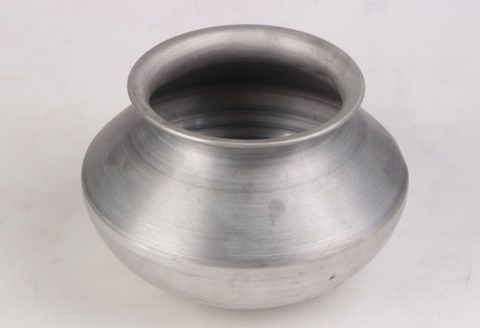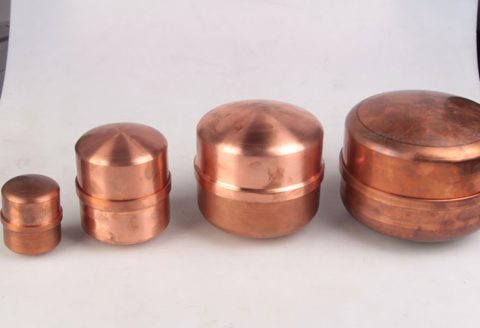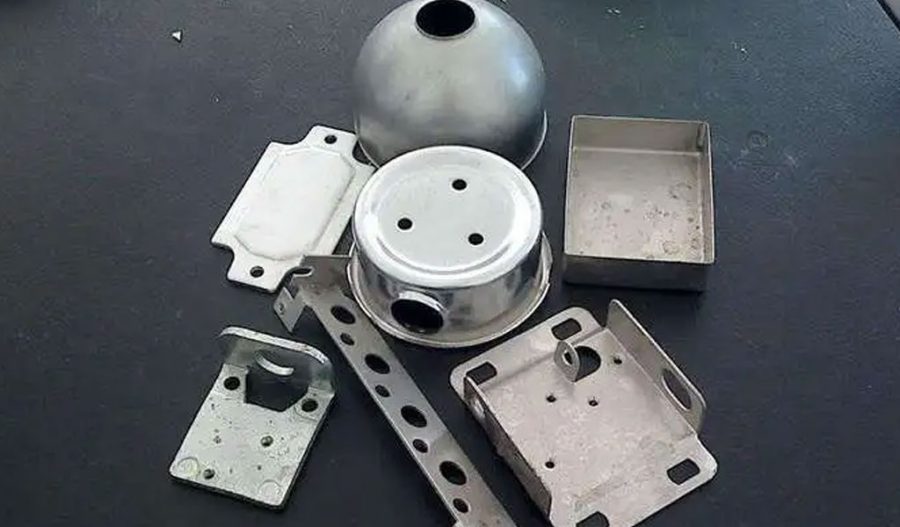
Choosing the right industrial metal fabricator is crucial for the success of any project. The fabricator you select will play a significant role in determining the quality, durability, and cost-effectiveness of your metal components or structures. With so many fabricators available, making the right choice can be a daunting task. This comprehensive guide aims to help you navigate through the selection process and choose the best industrial metal fabricator for your needs.
1. Introduction
Choosing an industrial metal fabricator is a decision that should not be taken lightly. The fabricator you choose will impact the quality, cost, and timeline of your project. Therefore, it is essential to do thorough research and evaluation before making your final decision.
2. Understanding Your Requirements
Before you start looking for a fabricator, it’s crucial to understand your project’s requirements. This includes knowing the type of metal you need, the specifications of your design, and any specific standards or certifications that must be met. Having a clear understanding of your requirements will help you narrow down your search and find a fabricator that can meet your needs.
3. Researching Potential Fabricators
Once you know your requirements, you can start researching potential fabricators. Look for fabricators that specialize in the type of metal and services you need. Websites, industry directories, and recommendations from colleagues can be valuable resources for finding potential fabricators.
4. Evaluating Experience and Expertise
Experience and expertise are crucial factors to consider when choosing a fabricator. Look for fabricators that have a proven track record of success in similar projects. Ask about their experience, certifications, and training programs for their staff to ensure they have the necessary skills and expertise to handle your project.
5. Assessing Quality and Capabilities
Quality should be a top priority when choosing a fabricator. Assess the fabricator’s quality control processes, certifications, and testing capabilities to ensure they can deliver high-quality products that meet your specifications. Additionally, consider their production capabilities and capacity to ensure they can handle your project’s volume and timeline.
6. Considering Equipment and Technology
The equipment and technology used by a fabricator can significantly impact the quality and efficiency of their work. Look for fabricators that invest in state-of-the-art equipment and technology to ensure precision, consistency, and cost-effectiveness. Additionally, consider their ability to adapt to new technologies and techniques to stay competitive in the industry.
7. Reviewing Past Projects and References
Reviewing a fabricator’s past projects and references can give you valuable insights into their capabilities, quality of work, and customer satisfaction. Ask for case studies, testimonials, and references from past clients to assess their performance and reliability.
8. Understanding Pricing and Cost Structure
While cost should not be the only factor you consider, it is an essential aspect of choosing a fabricator. Understand the fabricator’s pricing structure, including material costs, labor rates, and any additional fees or charges. Request detailed quotes from multiple fabricators to compare costs and ensure you are getting a fair and competitive price.
9. Communication and Customer Service
Effective communication and excellent customer service are vital for a successful partnership with a fabricator. Look for fabricators that are responsive, transparent, and proactive in their communication. Consider their ability to understand and accommodate your needs, provide regular updates on progress, and resolve any issues or concerns promptly.
10. Finalizing Your Decision
After conducting thorough research and evaluation, you should have a shortlist of fabricators that meet your criteria. Schedule meetings or site visits with each fabricator to discuss your project in detail, ask any remaining questions, and assess their facilities and capabilities firsthand. Trust your instincts and choose a fabricator that you feel confident and comfortable working with.
11. Conclusion
Choosing the right industrial metal fabricator requires careful consideration of your project’s requirements, research, evaluation, and communication. By following the steps outlined in this guide and taking the time to find a fabricator that aligns with your needs, you can ensure a successful and cost-effective outcome for your project.
Remember, the fabricator you choose will be a long-term partner in your project’s success. Invest the time and effort to make an informed decision, and you will reap the benefits of high-quality products, timely delivery, and excellent customer service for years to come.
When drawing a neat blank into a shell and drawing a shell into a shell with a smaller aperture, the inward flow distance of the material has a specified value, generally called the drawing index, and the limit value is the drawing index. Affected by factors such as the flowability of stamped and drawn parts, the durability of the material, and the flow resistance caused by force. Excessive flow resistance can cause damage and wrinkles to the edges of the shell, an area where the material is less resistant.
Maximize Tooling and CNC Metal Spinning Capabilities.
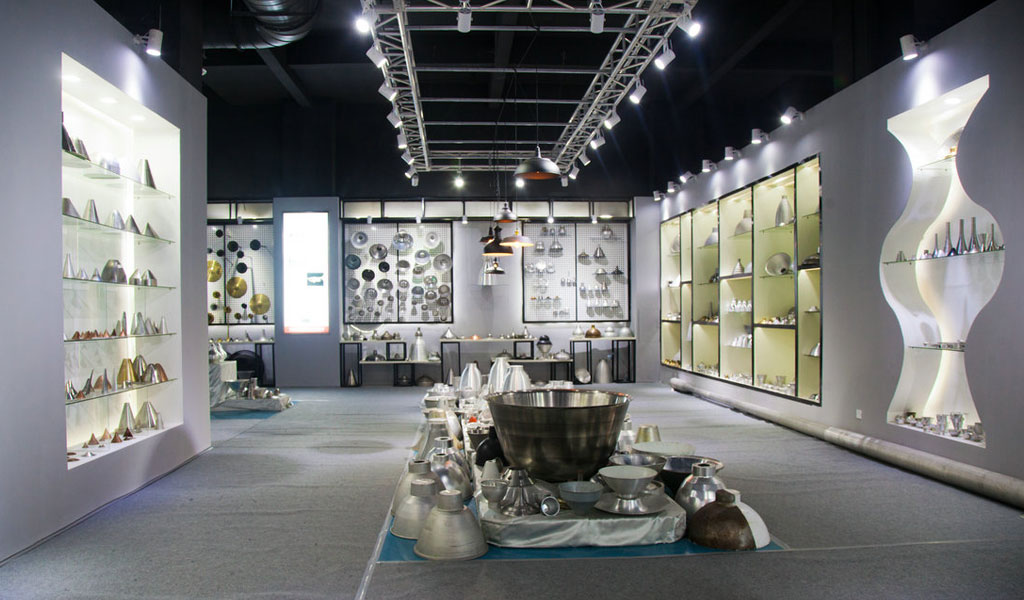
At BE-CU China Metal Spinning company, we make the most of our equipment while monitoring signs of excess wear and stress. In addition, we look into newer, modern equipment and invest in those that can support or increase our manufacturing capabilities. Our team is very mindful of our machines and tools, so we also routinely maintain them to ensure they don’t negatively impact your part’s quality and productivity.
Talk to us today about making a rapid prototype with our CNC metal spinning service. Get a direct quote by chatting with us here or request a free project review.
BE-CU China CNC Metal Spinning service include : CNC Metal Spinning,Metal Spinning Die,Laser Cutting, Tank Heads Spinning,Metal Hemispheres Spinning,Metal Cones Spinning,Metal Dish-Shaped Spinning,Metal Trumpet Spinning,Metal Venturi Spinning,Aluminum Spinning Products,Stainless Steel Spinning Products,Copper Spinning Products,Brass Spinning Products,Steel Spinning Product,Metal Spinnin LED Reflector,Metal Spinning Pressure Vessel,
